The content of the article
Although almonds are considered to be nuts, in fact it is a stone fruit of the genus Plum. However, it causes allergic reactions as dangerous as representatives of nuts. To find out whether it is possible to breastfeed almonds, it is necessary to become more familiar with the product and its effects on the body.
Kinds
There are three varieties of almond:
- Bitter. Rich in amygdalin and can cause poisoning, in its raw form, it is destructive for an adult organism. 50 almond kernels are enough to get a lethal dose. To neutralize the poison, it is necessary to carry out a number of manipulations, but still for children this kind of seed is not allowed to be consumed.
- Sweet. Most often used in cooking. It has a sweetish taste and a minimal amount of a toxic substance that does not pose a danger, and during heat treatments, it is weathered.
- Fragile. Differs in a thin shell and sweet taste.
The lactation period in the life of a woman is special. All that she eats should carry the maximum amount of benefit to her baby. The newborn is completely dependent on the mother and, in order not to harm the infant, a thorough analysis is carried out of everything that falls on the plate of the nursing mother. Before you enter into the diet a new ingredient, you should explore the pros and cons. Also, do not forget that in all it is necessary to comply with the measure.
Composition
Almond Seed Structure:
- Proteins fats carbohydrates.
- Vitamins B (B1, B2, B4, B5, B6, B9).
- Alpha tocopherol.
- RR, NE.
- Niacin.
- A, RE.
- Beta carotene.
- Trace elements (iron, zinc, iodine, fluorine, manganese, selenium, copper).
- Macronutrients (cadmium, chlorine, calcium, phosphorus, magnesium, sulfur, sodium).
Partially listed components are incredibly valuable for the body. Vitamin E, for example, obtained from consumed almonds, is able to provide the daily rate. And the amount of vitamin C exceeds the amount of citrus ascorbic acid. Supplemented with vitamins A and B,helps to accelerate the rate of recovery after childbirth and enriches mother's milk with valuable components for normal growth and development of the infant baby.
Almonds are very high in calories. 100 g of seeds contain 650 kcal. Undoubtedly, this is a storehouse of food energy and a useful product in a dietary, healthy diet. It is able to saturate the body and not be deposited as fat on the sides. After a difficult period of gestation and childbirth, as well as during the breastfeeding period, when the question of diets is not relevant, a woman can appreciate this quality by using the core in between meals.
Benefit
The properties of almond are valuable for the health of a woman during lactation:
- Lowers blood glucose and cholesterol levels.
- Contributes to weight loss.
- A positive effect on the body with hypertension, peptic ulcer diseases.
- Restores vision, relieves eye fatigue, is effective in some ophthalmologic diseases.
- Beneficial effect on the work of the heart muscle.
- Stimulates brain activity.
- Improves the quality of hair and skin.
- It can cause a good mood and helps to cope with stress and irritability.
- Helps to eliminate heartburn.
- It gives nutritional value to breast milk thanks to healthy fats in the structure.
- It improves metabolic processes in the body.
- Strengthens the immune system.
In addition, he effectively copes with the removal of sand and stones from the kidneys, a positive effect on the work of the spleen and liver. Improves the composition of the blood, and is a good choleretic agent. It has antispasmodic properties and eliminates cramps. It improves sleep and cures insomnia.
Fact! Almond does not increase the flow of milk to the breast, but it makes it more nutritious, and thanks to a wide range of vitamins and minerals, it nourishes the composition and makes it more useful.
Recommendations for use
Adhering to a number of rules, you can avoid the negative impact of the product on the fragile body of the baby.
- You can begin to enrich your food with almond grains no earlier than after 3 months from the moment of birth of the child. It is believed that cashews, pine nuts and walnuts have less allergenic effects - it is better to start with them and to expand the diet.
- In the absence of a reaction to the above nuts, a careful introduction of almonds into the food is allowed.For the first use, one grain is enough, but even such a small amount requires careful monitoring of the state of the infant. In the absence of digestive disorders, rashes, redness and other manifestations of allergy, almonds are allowed when breastfeeding, but do not forget about the dosing of the product.
- Manifestations in the form of pain in the stomach, anxiety, capricious state, - the reason for the exclusion of the ingredient from the diet. The child must immediately be shown to the doctor.
- During the period of lactation, the daily dose of the consumed product should not exceed 30 g. When the mother is prone to allergies, it is worth reducing the number of grains in order not to provoke undesirable consequences. It is important to remember that the body of a woman during breastfeeding is too susceptible and can react to the product, which, it would seem, can not cause changes.
- Almonds are considered moderately poisonous, as it contains benzaldehyde and hydrocyanic acid. Before you eat the recommended dose of the product, you must put the grain in boiling water, then in ice water and remove the skin. This simple manipulation will help protect the nucleoli.
- During lactation, preference is given to dried nuts. They are easily digestible and retain a useful composition. After cleaning the skin, the white seeds are dried in an oven for 10 minutes at 150 degrees.
Undoubtedly, almonds - a useful product and it should be included in the diet of women during breastfeeding. Mothers suffering from allergies and, in order not to provoke the appearance of unpleasant symptoms in the newborn, it is necessary to use it with extreme caution. Almond is an active allergen!
What are the risks?
- Excessive consumption of sweet kernels can cause nausea, headaches, dizziness, and mild narcotic intoxication. Obesity is also an excuse for not eating grains.
- With the existing problems with the rhythm of the heart and obvious irregularities in the work, with increased excitability - it is recommended to refuse such a delicacy.
- Bitter almonds used in food during lactation in any form is contraindicated, the same applies to immature kernels. Violation of this rule can lead to poisoning and even death.
Nuts are good for mom and baby.Even a small amount, due to the characteristic, specific almond flavor, is able to decorate a not too diverse diet of a nursing woman. Reasonable use will give the opportunity to feel the benefits of two interrelated organisms without harm to health.
Video: what happens to the body if you eat only 4 almond nuts

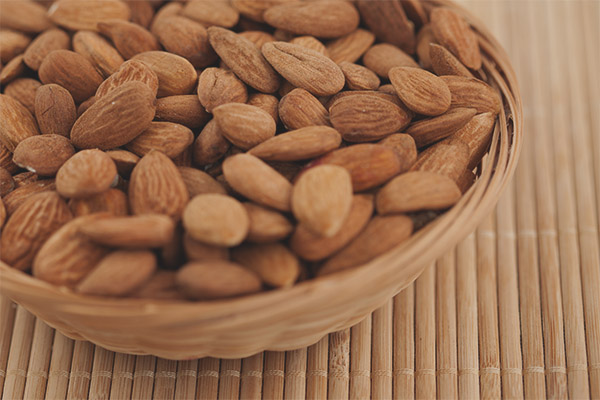
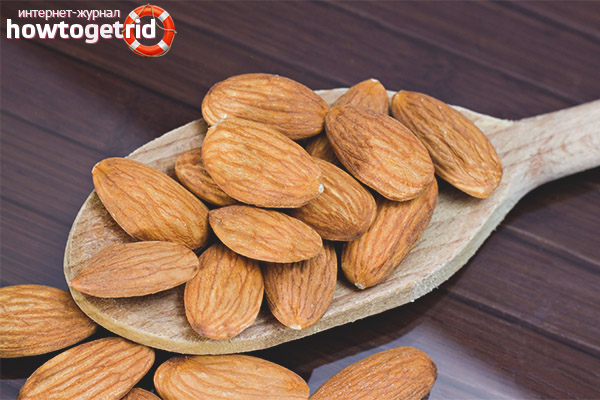
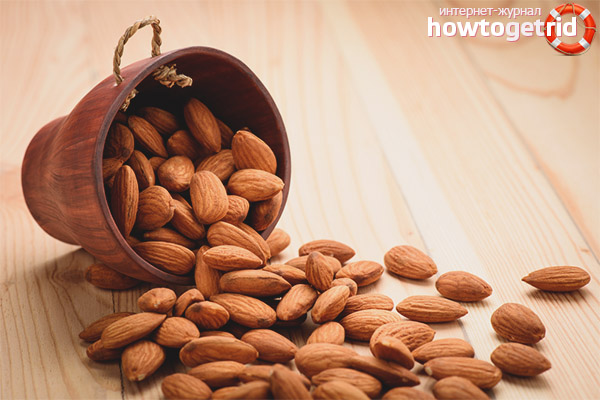


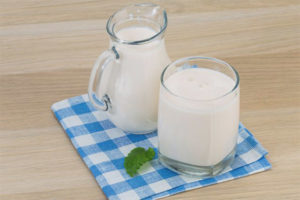
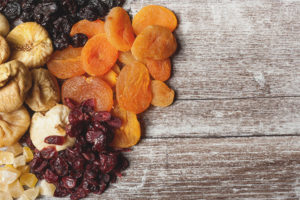
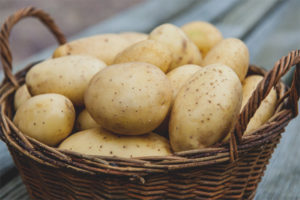
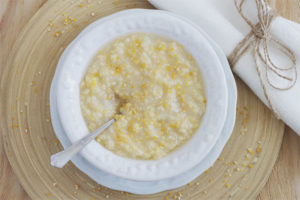
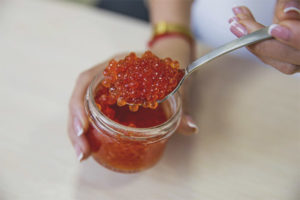
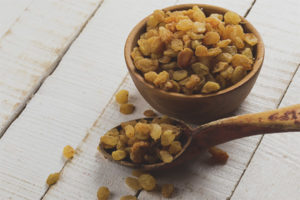
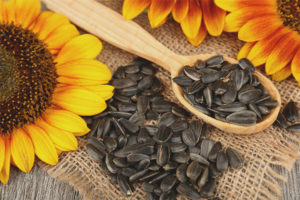
To send